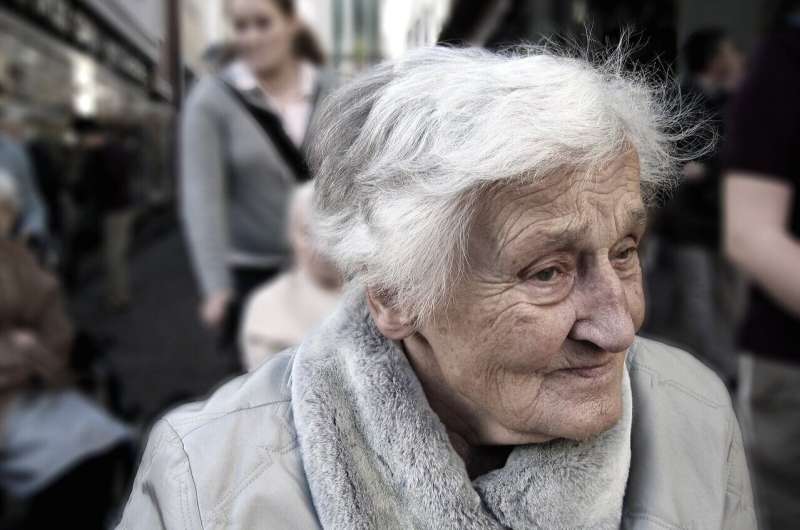This article has been reviewed according to Science X's editorial process and policies. Editors have highlighted the following attributes while ensuring the content's credibility:
fact-checked
trusted source
proofread
Study finds major hearing difficulties in people over 90

A study from the University of Gothenburg examined a scarcely studied group in the context of hearing: People over 90. When it comes to age and hearing problems, we often talk about younger elderly (65–79 years) and older elderly (80 and above). The focus is rarely only those aged 90 and over; an age group that is growing rapidly.
The current study used standardized hearing test measurement methods, which are rarely used in the over 90s. The tests were conducted in each participant's home, which was a prerequisite for conducting the study. The study is published in the International Journal of Audiology.
The power of the study is not its size—the number of participants was limited to 91 people—but the fact that the study was systematically outreaching; that the severely ill and people in residential care were not excluded, and that the test methods were the same as applied in other age groups.
Major risk of hearing loss
The driving force behind the study is Åsa Winzell Juhlin, a Ph.D. student at Sahlgrenska Academy at the University of Gothenburg and an Audiologist at the Hearing Care Center in Gothenburg.
"In the 90+ age group, hearing health is extremely important for both physical and mental health. Hearing loss can lead to increased isolation, depression, dementia and increased risk of falls. At the same time, this group is basically unexplored in terms of hearing ability where standardized tests are used," she notes.
None in the group studied had normal hearing; 80% had hearing loss to a degree that indicated the need for hearing aids or other intervention; and 30% had occluding ear wax in one or both ears. Progressively occluding ear wax can further impair hearing and also cause problems when using hearing aids.
More focus on hearing
"Those aged 80 and over often have a completely different cognitive function and less co-morbidity. Those over 90, on the other hand, are often in residential care, are not always tested or diagnosed for hearing loss, often have difficulty handling hearing aids and do not get much support," says Åsa Winzell Juhlin.
An interesting aspect of the results was that the gender difference that exists among younger elderly, where hearing is more impaired in men than women, is much less pronounced in the over 90s.
"We need to have a better focus on hearing for the very elderly, use hearing aids where possible, but also work more with the acoustic environment," says Åsa Winzell Juhlin.
The data in the study is obtained from the H70 studies in Gothenburg. The final sample size of the hearing study was smaller than originally planned due to the COVID-19 pandemic. However, measures were taken to optimize the representativeness of the study sample.
More information: Åsa Winzell Juhlin et al, Hearing acuity in nonagenarians aged 90 and 95 assessed in a home setting using standardized pure-tone audiometry, International Journal of Audiology (2024). DOI: 10.1080/14992027.2024.2329710




















